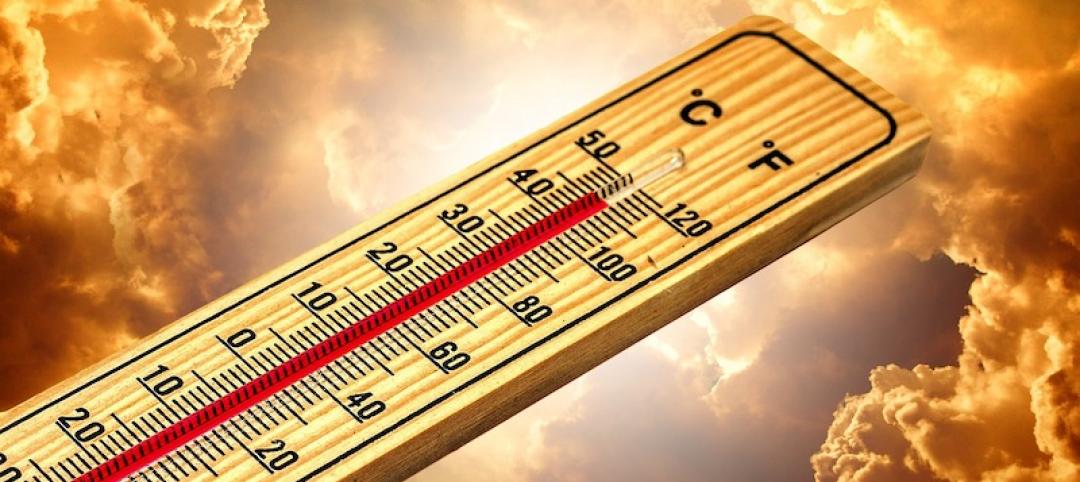Commonly used climate models may be significantly underestimating the risk of floods this century, according to a new study by Yale researchers.
Accurately pinpointing the magnitude and frequency of extreme rainfall hinges not only on tracking rainfall, but also on the way researchers model climate change, the study says. Previous studies averaged all the available climate models in order to figure out how much rain the planet will get in coming decades, but the Yale researchers only used the group of models that predict that climate change will result in an increase in precipitation efficiency—how much of a falling raindrop reevaporates into the atmosphere before it hits Earth’s surface.
They excluded models that forecast a decrease, since scientific observations over the past two decades indicate that climate change is yielding an increase in precipitation efficiency. The results show that it is possible that there will be as much as a twofold increase in the volume of extreme rainfall in the 21st century compared to what previous studies estimated.
Lawmakers could help prepare for extreme rainfall via fund initiatives that harden home infrastructure, such as rooftops, and improve drainage systems.
Related Stories
Codes and Standards | Feb 16, 2021
Bechtel joins international heat resilience organization
Experience designing resilience standards to aid effort to protect communities from extreme heat.
Codes and Standards | Feb 10, 2021
More than two-thirds of construction companies say COVID-19 has not impacted their ESOP
Half of survey respondents say 2020 project profitability decreased due to pandemic.
Codes and Standards | Feb 9, 2021
New Jersey approves new electric vehicle-ready home requirement
Homebuyers must be given option for charging station on new construction.
Codes and Standards | Feb 9, 2021
New California law removes barriers to residential development
Measure removes restrictions for ADUs in urban areas and master planned communities.
Codes and Standards | Feb 8, 2021
Alliance yields more accurate data for rating and certifying systems of construction materials
Crosswalk API offers trusted format to specify and procure healthier products.
Codes and Standards | Feb 4, 2021
2021 IBC requires automatic doors for entrances to public buildings
One door must be either a full power-operated door or a low-energy power-operated door.
Codes and Standards | Feb 3, 2021
Two new International Code Council online code tools released
Offer detailed information about global building code usage and U.S. adoptions.
Codes and Standards | Feb 2, 2021
Biden tells OSHA to bolster COVID-19 safety rules
Order could lead to a national playbook for fighting COVID-19 on jobsites.
Codes and Standards | Feb 1, 2021
Fenestration Alliance updates standard for mulled combination assemblies
Last updated in 2010, document describes procedures and requirements for air leakage, water resistance, and structural performance.
Codes and Standards | Jan 28, 2021
Natl. Fire Protection Assn. releases new energy storage system fact sheet
Comes as Biden Administration prepares ambitious clean energy agenda.

















